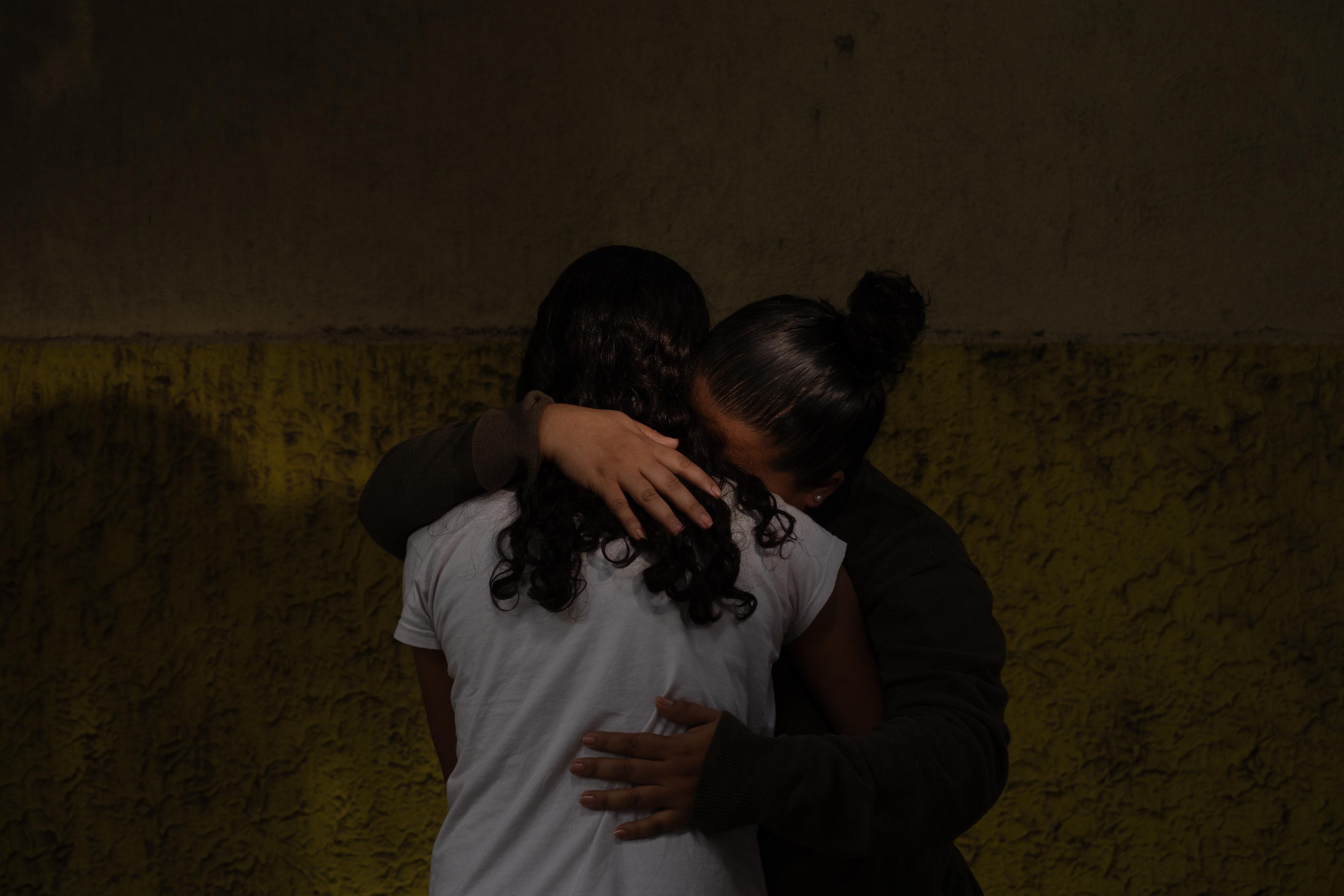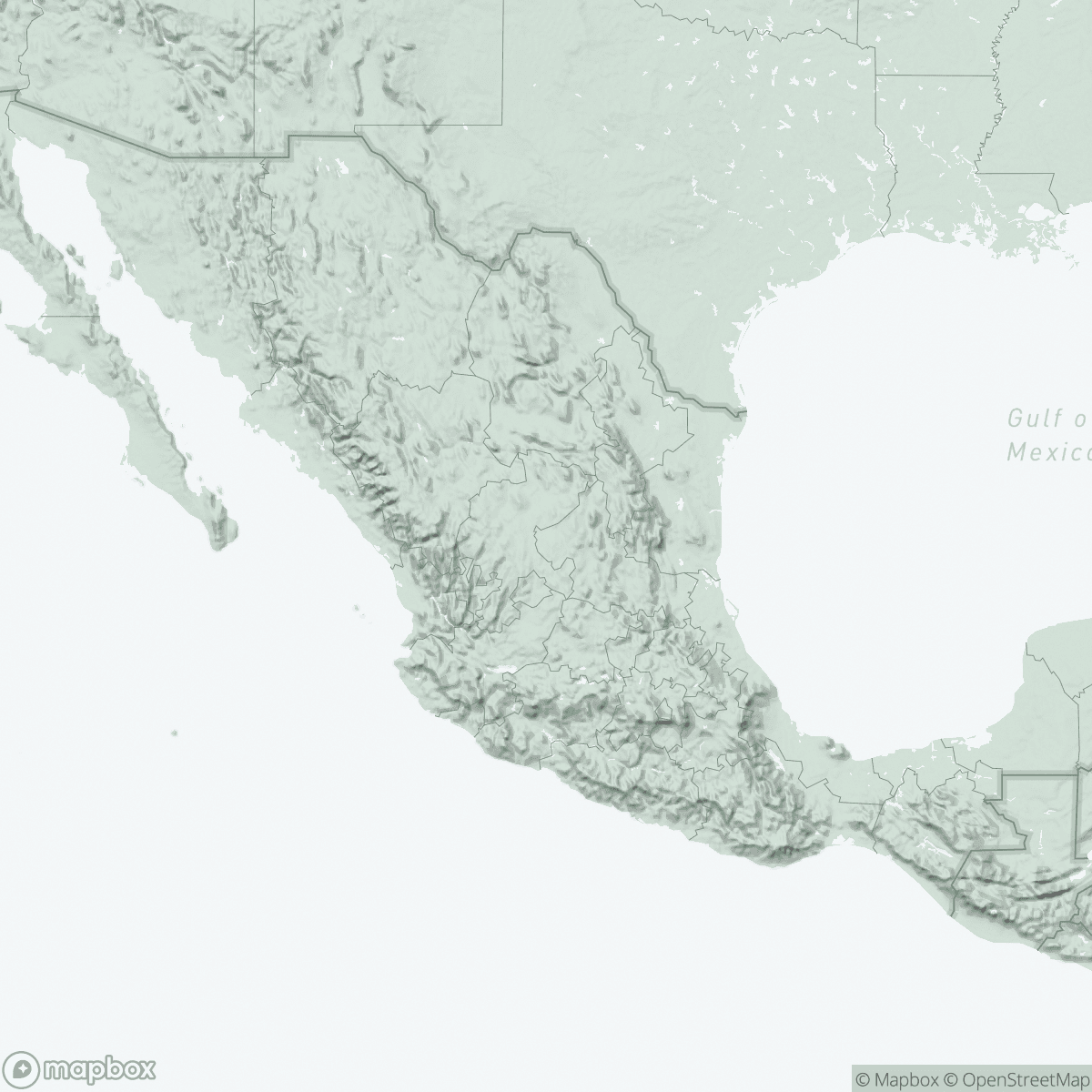
A world in a crisis of solidarity
In 1 click, help us spread this information :
Between deportations and border closures: what is the future of migration in Latin America?
By Víctor Escobar, head of operations for Médecins Sans Frontières/Doctors Without Borders (MSF) in Latin America
Photos by Bernat Parera, photographer for Reuters.
The United States administration has introduced a wave of political decisions that are changing the migration landscape across Latin America: from the militarization of the border with Mexico to the temporary suspension of refugee admissions to the US and the acceleration of deportations of undocumented migrants, generating a domino effect on immigration policies in other countries in the region. Many people, for whom there is no easy way back or possibility of return to their countries, are now trapped in limbo in Mexico and elsewhere. Without legal and safe avenues, migrants and asylum seekers in Latin America are exposed to greater risks.
At Doctors Without Borders / Médecins Sans Frontières (MSF) we have been supporting people migrating across Latin America for over a decade, particularly in Mexico, a country whose northern border with the United States is the last stage in a long and dangerous route. We currently also run projects in Guatemala, Honduras, Panama and Colombia.
Reaching people who are constantly on the move is not easy. They move in different directions across a vast geographical area, and their routes are constantly changing due to newly enacted government measures, or the control that criminal groups exert over the transit of migrants. This forces us to continually assess the situation and be flexible to ensure we provide assistance wherever people are, through mobile or fixed clinics.
Working with migrants in Latin America is also complex because they have often suffered acute and recurrent episodes of violence, even extreme violence. The journey is fraught with dangers, from the rugged and violent Darién jungle to organized crime in Mexico, gangs in Central America, and corrupt law enforcement agents. At MSF, we provide care for a variety of reasons, from muscle injuries due to walking in a migrant caravan to restorative therapy for a patient with a chronic disease. Many patients also have invisible wounds that suddenly open; they carry the psychological trauma of kidnappings, threats, torture, extortion, and sexual violence.
To give perspective: between January 2024 and February 2025, our teams along the route treated nearly 3,000 victims and survivors of sexual violence, one every three hours. They also provided more than 20,000 individual mental health consultations, many motivated by violence. The violence can be so extreme that we treat patients who have completely lost their autonomy and functionality. And we must not forget that many of these people fled from their homes, driven by factors such as the crisis in Venezuela, the conflict in Colombia, the violence in Ecuador, or a general lack of opportunities and exclusion, which continue to be in place.
Added to this is the administrative wall, the persecution and stigmatization that millions of people are being subjected to through a policy led by the United States administration, and replicated by several governments in the region, which closes the main avenues for obtaining asylum, attempts to revoke asylum for those who have obtained it, and criminalizes those who request it. All of this is occurring amid a current drastic and global cut in funding for humanitarian aid.
While there has not been so far in 2025 a significant increase in deportations from the US to countries in the region, the dehumanizing narrative disseminated and the conditions under which some people have been deported to other countries, evidently compromising governments' obligations to respect international conventions and human rights standards, are atrocious and a setback for the protection of vulnerable people.
And although transit from the south to the north of the continent has significantly decreased, and some people are even reversing their journey, at MSF we are seeing people gripped by mental health crisis, including suicidal thoughts among some patients. The de facto elimination of the right to asylum and the suspension of other programs by the United States have caused stress, despair, and panic. They have left thousands of people transiting through Latin American countries in a legal and humanitarian limbo, rendering them invisible, forcing them to take even more dangerous routes, and leaving them at the mercy of criminal networks.
It is not just the United States. Due to pressure, influence, or affinity, different governments in Latin America are implementing more pronounced anti-immigration policies and measures that contain the movement of migrants and force their return.
We insist on the need not to criminalize migration and to respect the human rights of people in transit. We urge comprehensive protection for migrants at places of origin, transit, destination, and return, and the strengthening of basic services, including medical care.
We are facing a moral collapse and a failure to comply with the conventions that guide us to protect people seeking refuge. It is urgent to stop this wave of hatred and crisis of solidarity.




